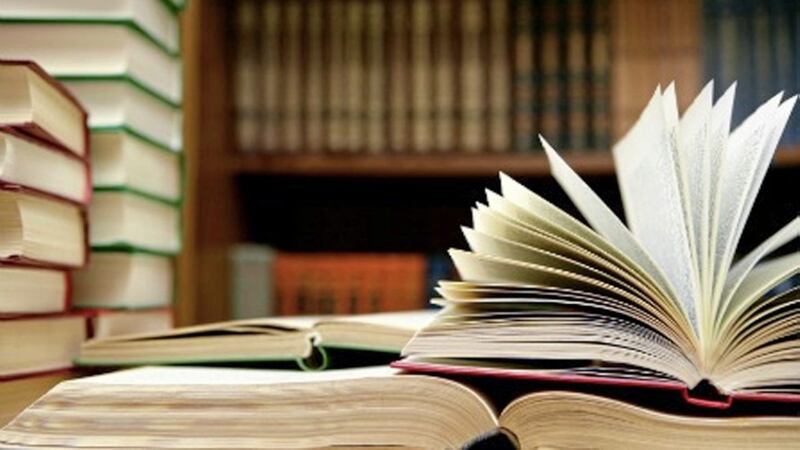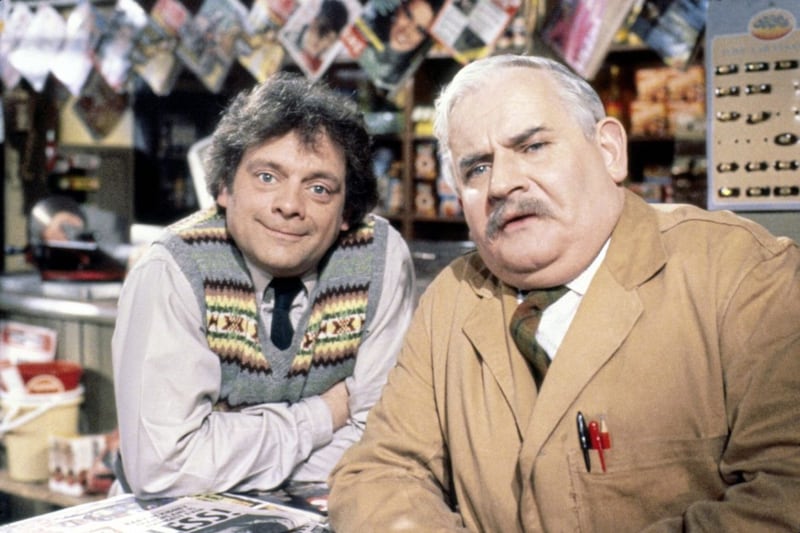More cuts were announced last week to library services. This relentless erosion of one of our most valuable community assets is typical of the short-term thinking, soft-target hitting mindset of government.
Maybe it was because I was a solitary child in a household of adults that I sought refuge in books. School holidays were spent taking a tuppenny bus ride across the city to the library, where the squeak of my crepe-soled Clark's sandals on the linoleum caused the library ladies to roll their eyes, “Here she is again.” I’d rack up two Enid Blytons a day.
It’s impossible to explain to people with no interest in books what a thrill it is to lose oneself in a different world, place or time, to accompany the story’s characters on their adventures, rejoicing in their triumphs, empathising with their failures and sharing their satisfying resolution. Books explain things; books make sense of life. They furnish us with knowledge, open our minds to new ideas and most importantly, develop the imagination. In the course of a long teaching career it has been my delight to introduce children to books.
To foster a love of books is the greatest gift a parent or teacher can give. Like religion, a love of reading is caught, not taught. Children learn by example, but in a book-free household there isn’t any. My heart sinks to see an infant in a buggy pushing buttons on a plastic console instead of gnawing on a picture book, or to visit a child’s bedroom electronically equipped like the Starship Enterprise, but nary a book in sight.
Parents may bring their little ones to the library’s Rhythm and Rhyme sessions, but once they go to school, many are inclined to leave reading to the professionals. Some take their children to choose books, but don’t borrow any for themselves – a bit of a mixed message there. Others will spend a fortune on computer games but balk at buying a book. A child’s actual ownership of a favourite book is significant. It will benefit their intellectual development more than yet another cuddly toy. An early affinity with books smoothes the path towards reading readiness, but better than that, enhances the special emotional bond between parent and child.
Consider for a moment the power of the written word. Books have changed history. Books enlighten, inspire, alter mindsets, transform lives. Here, between hard covers are fine minds, articulated wordsmiths, deep thinkers, dangerous thinkers, wise men, prophets, dreamers, geniuses and fools. Here is a life in all its nobility and baseness, triumph and tragedy, beauty and foulness. Books are knowledge and knowledge is power. Why else would writers be imprisoned, exiled or worse? Why else would churches ban books and totalitarian regimes burn them?
Once upon a time to be ‘well read’ was considered a necessity. Our grandparents who left school at fourteen were better read than we are – voluntarily self-educated through libraries, ‘the university of the common man’. Germaine Greer put it succinctly. “Libraries are reservoirs of strength, grace and wit, reminders of order, calm and continuity, lakes of mental energy. The pleasure they give is steady, reliable, deep and long-lasting.”
The libraries of my childhood were gloomy, hushed and fairly intimidating repositories for books. Today they offer so much more. My local branch, like many others, is a bright and welcoming multi-generational community hub with endlessly patient, friendly and knowledgeable staff.
Mums and toddlers are down one end enjoying story time, senior citizens at the other surfing the net and in between, students studiously studying and book borrowers browsing the shelves. Flyers for book launches, exhibitions, guest readings, noticeboards. Like all others, it faces further reduction of opening hours and stock.
In an era when random information has taken the place of accredited knowledge, many of our children are growing up intellectually malnourished, their critical faculties underdeveloped. Libraries are our greatest free resource – the food banks of the mind – a bank of inexhaustible riches one can draw on for life, where the loan never has to be repaid.








